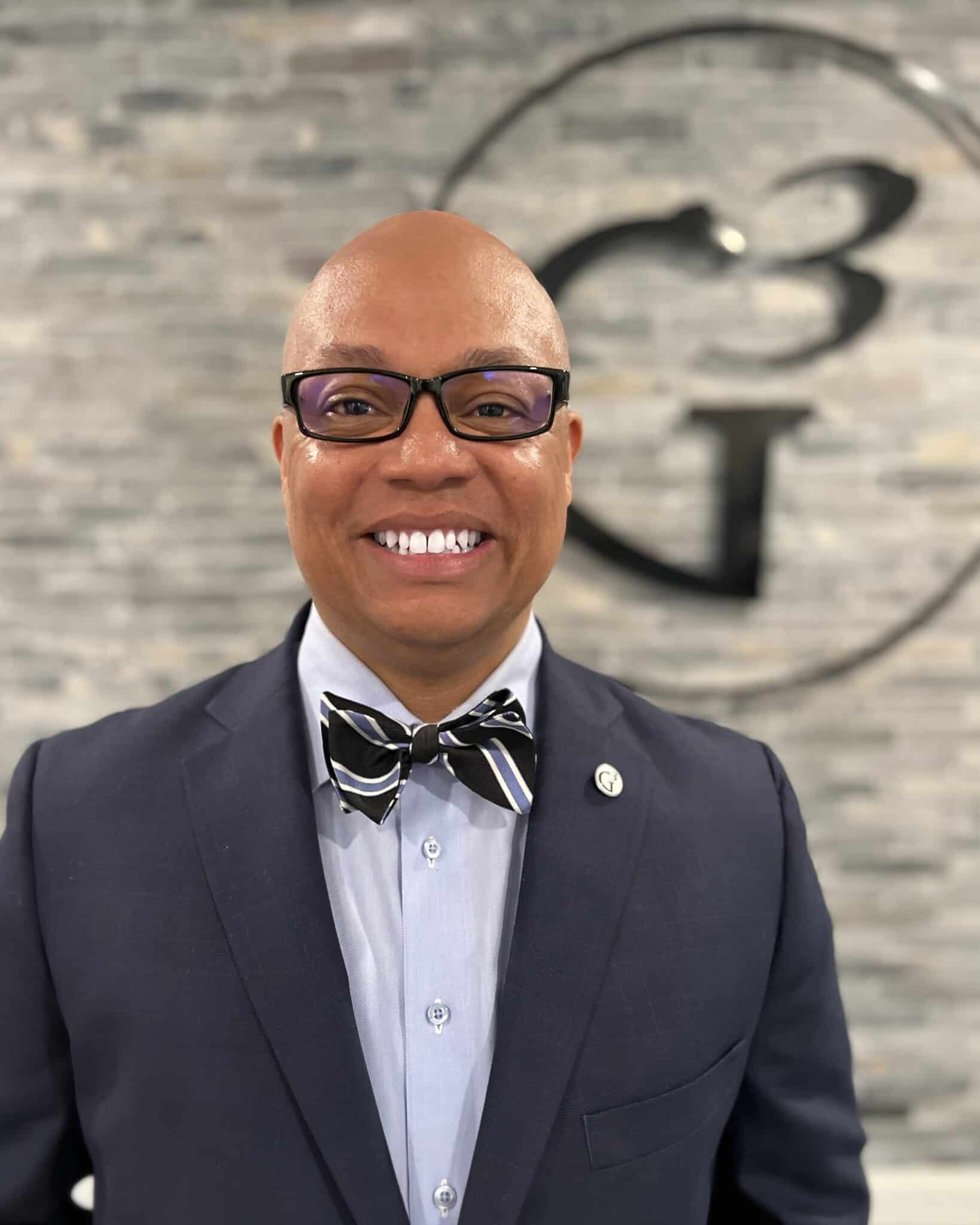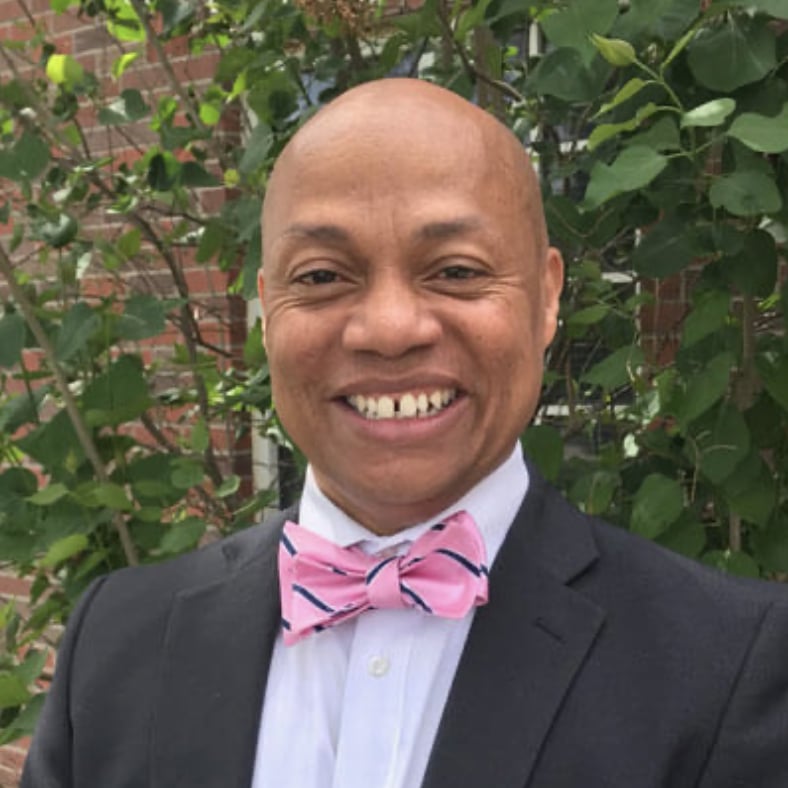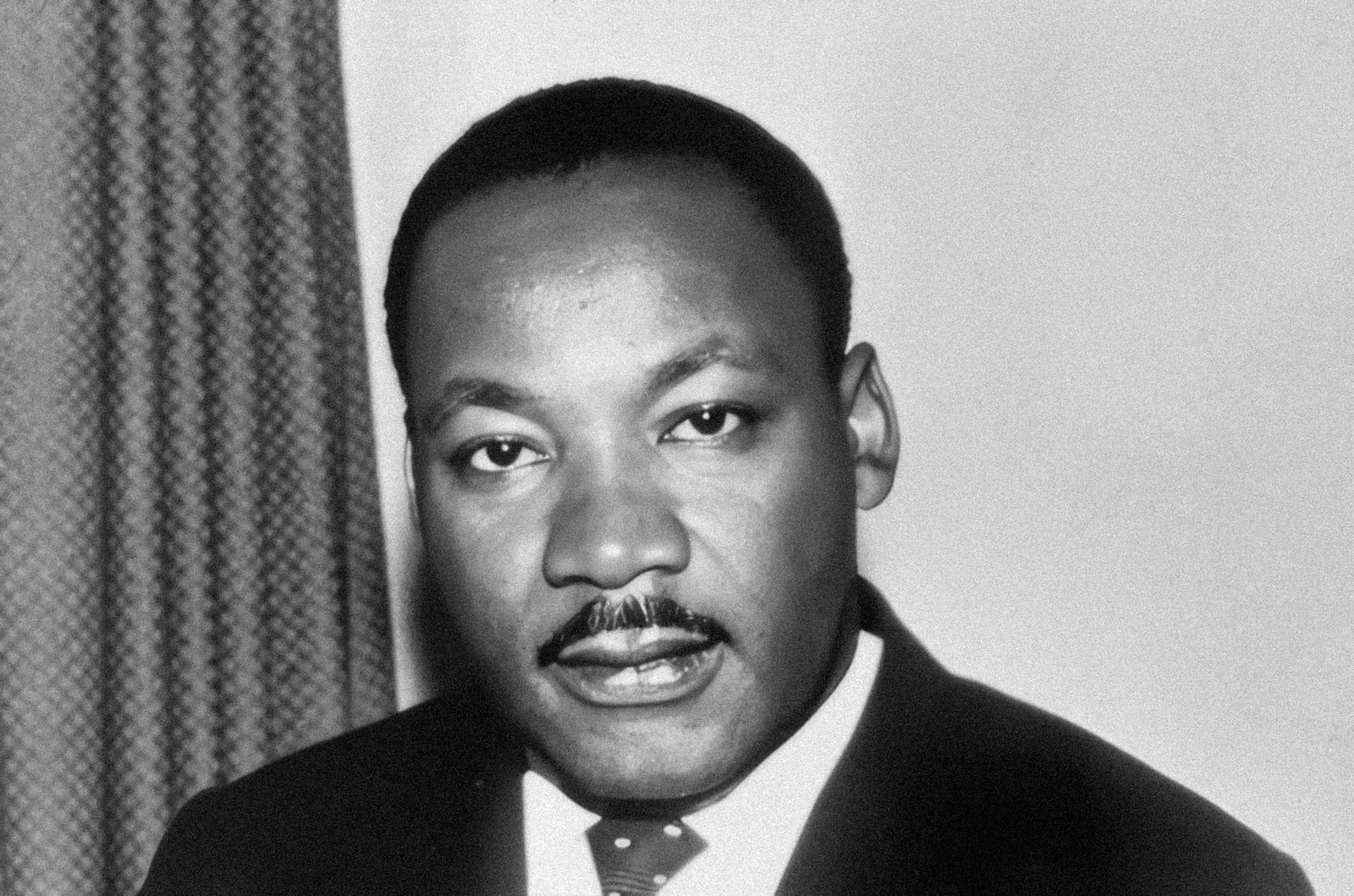In a classroom setting where history was taught using textbooks, there was a risk of being exposed to and influenced by revisionist history. However, in our contemporary context, the task of revising history becomes even more daunting, given the rapid and widespread dissemination of information. Unlike historical events about significant individuals, current events are less susceptible to manipulation.
One can observe an example of this by comparing the historical struggle for civil rights with the contemporary quest for social justice. The current social justice movement, led by “womanists” (black feminists) and self-professing trained Marxists, has come under scrutiny for prioritizing self-promotion and personal wealth over the well-being of the black men who are the faces of their cause.
As their message persists, their influence has diminished in the wake of the exposing scrutiny. Today, however, historical figures like Martin Luther King Jr. are esteemed with an almost divine reverence, even as many have either forgotten or never truly understood the principles he championed.
The prevailing revisionist historical narrative surrounding Martin Luther King Jr. is so extensive that few are aware of his rejection of basic orthodox Christian beliefs. While King skillfully used Christian rhetoric to champion civil rights, he also wholeheartedly embraced the contrasting heterodox ideas of the social gospel.
The Denial of Christ’s Deity, the Virgin Birth, and The Resurrection
Born on January 15, 1929, in Atlanta, Georgia, Martin Luther King Jr. initially had the birth name Michael King Jr. His parents, Michael and Alberta King, later decided to change both their names to Martin Luther after a trip in 1934, during which they visited the sites of the reformers. This alteration in name paid homage to these historical figures and added a profound layer of meaning to Martin Luther King Jr.’s identity.
King, a remarkable orator and advocate for the black community, viewed the pulpit as a platform to advance his cause while rejecting the core tenets of Christianity.
Upon graduating from Morehouse College at the young age of 19, Martin pursued further studies aligned with his father’s footsteps by entering the seminary. During his time at Crozer Theological Seminary and Boston University, King began his doctoral studies in systematic theology and embraced liberal theology, espousing several heterodox positions on Christianity.
In his paper on the Humanity and Divinity of Jesus, King wrote,
“The orthodox attempt to explain the divinity of Jesus in terms of an inherent metaphysical substance within him seems to me quite inadequate. To say that Christ … is divine in an ontological sense is actually harmful and detrimental… So that the orthodox view of the divinity of Christ is in my mind quite readily denied.”
At the heart of the Christian faith lies a belief in the divinity of Christ. Any departure from this fundamental doctrine would be considered unorthodox. Given King’s denial of Christ’s divinity, it is not surprising that he would also reject the concept of the resurrection.
As it pertains to the bodily resurrection of Christ, King writes,
“This doctrine (the resurrection), upon which the Easter faith rests, symbolizes the ultimate Christian conviction: that Christ conquered death. From a literary, historical, and philosophical point of view, this doctrine raises many questions. In fact, the external evidence for the authenticity of this doctrine is found wanting.”
King did not believe in the deity of Christ or in his resurrection from the dead. Furthermore, he also rejected the doctrines of virgin birth, the second coming of Christ, and the existence of a literal hell.
It is clear that Martin Luther King Jr., with his outright denial of Christ’s divinity, cannot be considered a Christian.
It is intriguing to consider how King perceived the counsel of the apostle Paul when, in his letter to the church at Corinth, Paul imparts his admonition.
Now, if Christ is proclaimed to have been raised from the dead, how can some of you say that there is no resurrection of the dead? But if there is no resurrection of the dead, then not even Christ has been raised. And if Christ has not been raised, then our preaching is in vain, and your faith is in vain. 1 Corinthians 15:12–14
Given King’s departure from the orthodox Christian faith, how did he come to assume the role of a preacher within the black church?
While it cannot be claimed that Martin Luther King Jr. pursued a career in the ministry for financial gain, it is worth noting that a number of his followers, like Jesse Jackson and Al Sharpton, utilized his legacy for personal benefit. Nonetheless, it is evident that King, a remarkable orator and advocate for the black community, viewed the pulpit as a platform to advance his cause while rejecting the core tenets of Christianity.
It is clear that Martin Luther King Jr., with his outright denial of Christ’s divinity, cannot be considered a Christian. The more pertinent question to pose is, “What were King’s beliefs?” Addressing this question necessitates an exploration of King’s ideological foundation in his pursuit of civil rights.
The Social Gospel
Determining what Martin Luther King Jr. believed is not a difficult task. As an eloquent writer and speaker, he left behind a wealth of clues and evidence that shed light on his convictions. In a letter to his future wife, Coretta Scott King, Martin explained the gospel he intended to preach to the world when he wrote,
“Let us continue to hope, work, and pray that in the future we will live to see a warless world, a better distribution of wealth, and a brotherhood that transcends race or color. This is the gospel that I will preach to the world.”
Of note is that King’s gospel is not the gospel preached by the Apostle Paul in his letter to the church at Corinth, where he writes,
For I delivered to you as of first importance what I also received: that Christ died for our sins in accordance with the Scriptures, that he was buried, and that he was raised on the third day in accordance with the Scriptures. (1 Corinthians 15:3–4)
The absence of any reference to the life, death, burial, and resurrection of Jesus Christ for the forgiveness of sins raises the question of why it was omitted. It is worth noting that King’s work for civil rights was influenced by the social gospel of Walter Rauschenbusch, which shaped his understanding and approach.
Walter Rauschenbusch was a German-American pastor in Hell’s Kitchen, New York, during the late nineteenth and early twentieth centuries. He witnessed the difficulties of immigrants, the poor, and people of color and thought these people needed a “gospel” or “theology” that would save them from their current temporal problems. Known as the “father of the social gospel,” Rauschenbusch posited that Jesus came not simply to save sinners but to save society, and that any gospel that saved sinners apart from society was not a gospel at all.
In his book Christianity and Social Crisis, Rauschebusch writes, “In a few years, all our restless and angry hearts will be quiet in death, but those who come after us will live in the world which our sins have blighted or which our love of right has redeemed.”
Rauschenbusch held the belief that his modifications to the gospel would leave a lasting imprint on society. And King was indeed enamored by this gospel writing:
“I spent a great deal of time reading the works of the great social philosophers. I came early to Walter Rauschenbusch’s Christianity and the Social Crisis, which left an indelible imprint on my thinking by giving me a theological basis for the social concern which had already grown up in me as a result of my early experiences.”
King drew inspiration from influential figures of various religions, such as Mahatma Gandhi, a Hindu leader known for his nonviolent approach, and Thich Nhat Hanh, a Zen Buddhist monk. However, among them all, Walter Raushchenbusch played the most significant role in shaping King’s ideas.
The Truth Matters
Martin Luther King Jr.’s writings, sermons, and speeches reveal a rejection of the tenets of traditional Christian Orthodoxy. From his embrace of the social gospel of Walter Rauschenbusch to his unorthodox perspectives on Christianity, it becomes clear that King’s beliefs diverged from the historical norm. However, revisionist history has concealed this truth from the majority of his contemporary admirers. If you dare to mention these ideas, you will likely be met with skepticism and outrage, and branded as a liar.
Many seek answers that validate their preconceived notions, hoping that King may have abandoned these erroneous beliefs and embraced the traditional Christian faith later in life. All evidence, including sermons and writings, consistently affirms King’s original perspective on these matters. However, it is inevitable that some individuals will refuse to acknowledge the truth. Martin Luther King Jr.’s contributions to the civil rights movement cannot be disregarded. Nonetheless, his legacy encompasses aspects that diverge from Christian orthodoxy, and it is imperative that historians who seek to revise history do not obfuscate the truth in this matter.





